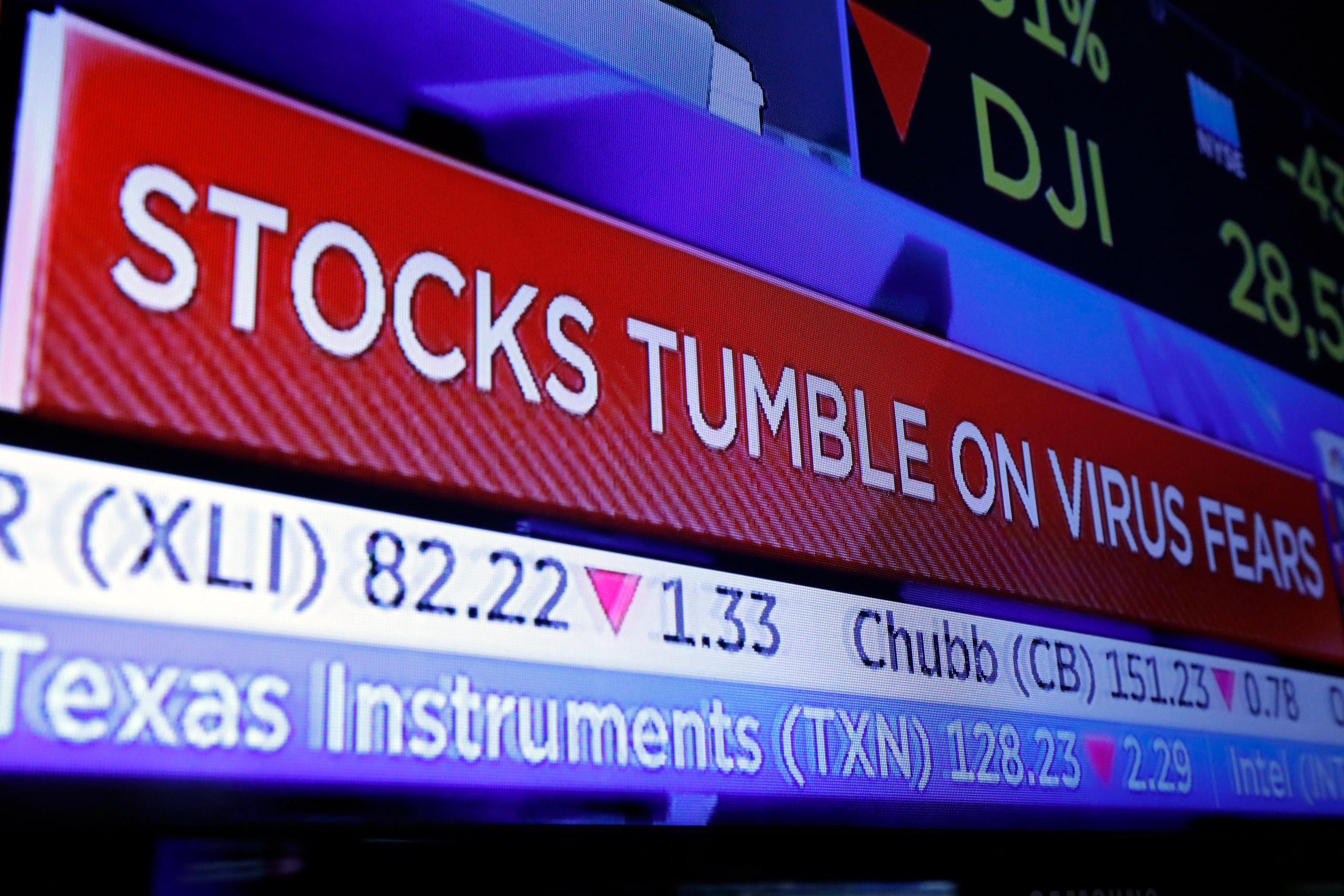
UPDATE: Thursday, 3/5
Colorado health officials announced the state had its first positive case of the new coronavirus on Thursday, March 5. The patient was an out-of-state visitor to Summit County, a male in his 30s. He had contact with someone who had the disease outside of Colorado. The state tested him for the virus and received a positive result.
Our original reporting continues below.
As health concerns about coronavirus grow, so do economic ones.
With markets erratic, the Federal Reserve is cutting interest rates in an effort to resolve the volatility. Some Colorado companies that depend on parts and products from China anticipate a hit to their bottom line.
Arrow Electronics, a Fortune 500-company based in Centennial, said its experiencing minor delays in Chinese products in part due to airport and customs closures.
The virus is exposing how increasingly dependent the U.S. economy is on China’s advanced products, and the vulnerabilities of the global supply chain, said Jack Buffington, assistant professor for supply chain management at the University of Denver Daniels College of Business.
Here’s Buffington’s take on the problem.
Interview Highlights
People take the supply chain for granted until there are delays and disruptions:
“When you show up to the supermarket, items are on the shelf. When you click your mouse on Amazon, the package arrives the next day. But our supply chains are global, and up to 80 percent of all of our goods come from other countries and mostly from ocean ports.
On the types of companies dependent on China:
“You're seeing electronics being impacted, you're starting to see some pharmaceuticals being impacted. The way the world's supply chain works, people think of manufacturing as finished products, [but] they have to understand a lot of it is components. So this proliferates across the entire world's supply chain.”
On exports shipped in containers from U.S. companies:
“I think you're going to see the ripple effect, not just for imports but also for exports, [including] products that are made in Colorado and shipped overseas. As these containers flow around, if the containers are stuck in Wuhan province, then there's potentially an impact at the ports that send our products overseas.”
On a more localized supply chain:
“If you look at where the supply chain is going in the future, it needs to become smaller, it needs to become more agile. And it's difficult for that to happen when you have a 30-day shipping time from China to the United States. Our supply chains need to be a lot more nimble, not just for catastrophes or pandemics, but for innovation. Advanced manufacturing and engineering is really the driver of innovation. And when you have advanced manufacturing engineering offshore, it's more difficult to be innovative onshore.”
On changing how factory production works:
“Instead of having to have these massive factories that build things at large scale, at low labor costs, we need to do more advanced manufacturing and things like 3D printing, artificial intelligence. We have to invest in those facilities, and they have to become more community-based. So instead of having one province in China that produces everything, we have these smaller manufacturing hubs in each city. We shorten the supply chain and improve the capability and innovation.”
On the costs of shortening the supply chain:
“The cost value is lower in the global model, but the value in efficiency is greater in the local model. And this problem isn't just in America. If you look at the Chinese economy, the growth of the Chinese economy is slowing down. So it's not just us, it's the entire world that this paradigm shift could help.”
Answers have been edited and condensed for clarity.









